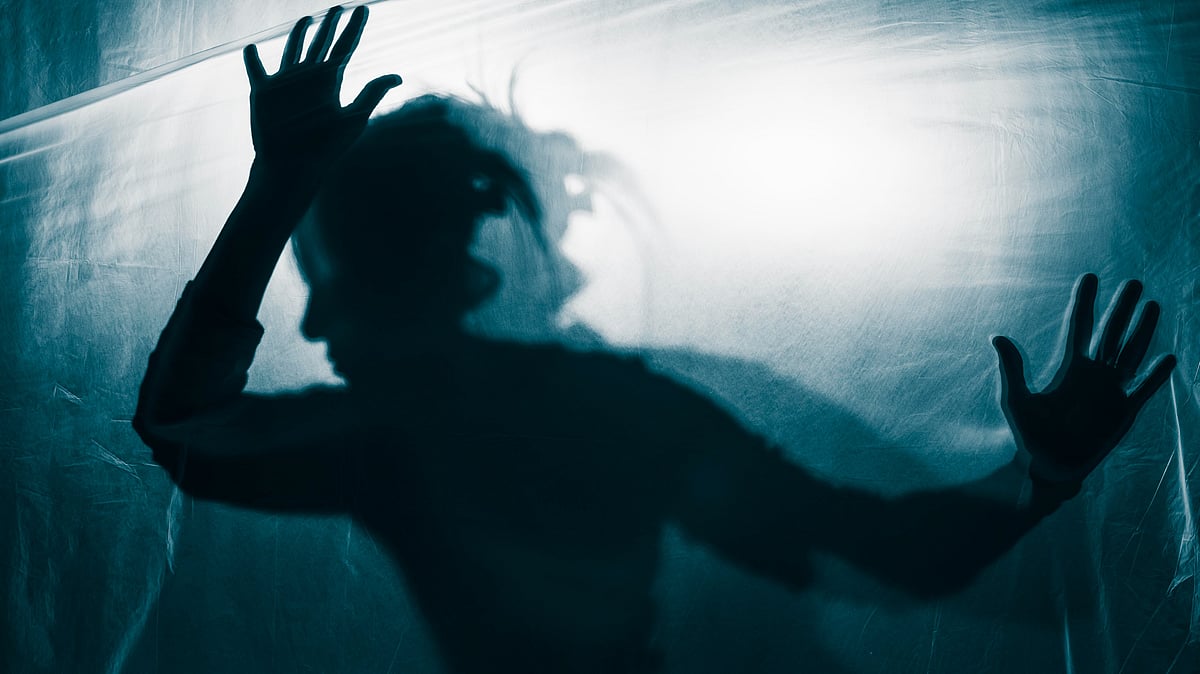Specific phobias are characterized by an extreme and lasting fear of particular objects or situations. This fear is often much greater than any actual risk posed by the object or situation. Unlike the brief anxiety someone might feel before a test or speech, specific phobias are long-lasting. This acute fear can feel extremely unpleasant and very frightening. Specific phobias are identified as common anxiety disorders. It is common for a person to have a specific phobia regarding more than one object or situation.
The core experience involves feeling intense fear, anxiety, and panic. This reaction occurs immediately upon exposure to the feared object or situation, or even just when thinking about it. People with specific phobias often understand that their fears are not entirely reasonable or as significant as they feel, but they find it difficult or impossible to control their reaction. The anxiety experienced can worsen as the feared object or situation gets closer in physical proximity or time.
The symptoms of specific phobias can manifest in both physical and psychological ways.
Physical symptoms of phobias may include:
Feeling unsteady, dizzy, lightheaded, or faint.
A feeling of choking.
A pounding heart, palpitations, or an accelerated heart rate.
Chest pain or tightness in the chest.
Sweating.
Hot or cold flushes.
Shortness of breath or a smothering sensation.
Nausea, vomiting, or diarrhoea.
Numbness or tingling sensations.
Trembling or shaking.
Feeling like throwing up or getting dizzy or faint, particularly around blood or injuries.
Psychological symptoms of phobias can vary, but may involve:
A fear of fainting.
A fear of losing control.
A fear of dying.
Feeling out of touch with reality or detached from your body, known as dissociation.
If these symptoms become very intense, they have the potential to trigger a panic attack. This kind of severe fear can lead to feelings of stress, a loss of control, being overwhelmed, embarrassment, anxiety, and depression.
Specific phobias cover a wide range of fears, categorized by the object or situation. Common types include fears related to situations like flying or enclosed spaces, nature like heights or storms, animals like spiders or snakes, or blood, shots, or injuries like needles or medical procedures. The term “phobia” comes from the Greek word “phobos,” meaning fear. Phobias are described as anxiety disorders. Past experiences can seemingly play a role and without treatment, specific phobias tend to last a lifetime.
Because of the intense fear and anxiety, many people with phobias try to stay away from the objects or situations they fear. This avoidance might seem effective initially. However, avoiding phobias can sometimes cause them to become worse. This may begin to significantly impact how you live your daily life, causing trouble with daily activities. For instance, someone with a fear of enclosed spaces might take the stairs instead of an elevator.
When it comes to remedies, the sources mention that not all phobias necessarily require psychological treatment, but if a specific phobia affects your daily life, therapies are available that can help you work through and conquer your fears, often permanently. Getting help sooner makes therapy more likely to be effective. Holistic healing as advised by the Acupressure Research Training and Treatment Institute – Prayagraj. This method involves pasting a Cluster magnet or seed of White Pea (Channa or Vatana) on meridian point Si 3 with medical adhesive tape on both hands.
It’s important to note that while childhood fears like fear of the dark are common and often outgrown, a strong, ongoing fear in a child that interferes with daily functioning warrants talking to a doctor. For adults, an extreme fear is considered a specific phobia requiring attention if it seriously disrupts life or negatively affects work, school, or social situations. In such cases, it is recommended to talk with a doctor, other healthcare professional, or a mental health professional.
Disclaimer: The content provided here is for informational purposes only and does not substitute professional medical advice.
